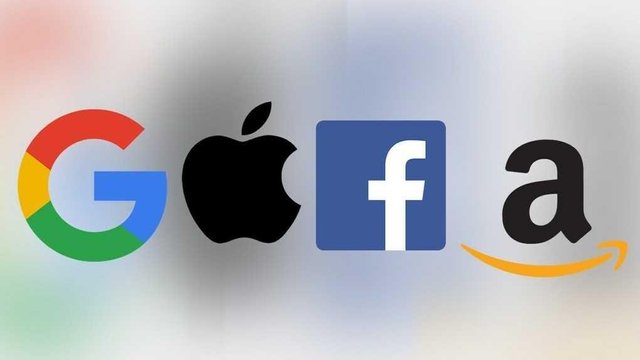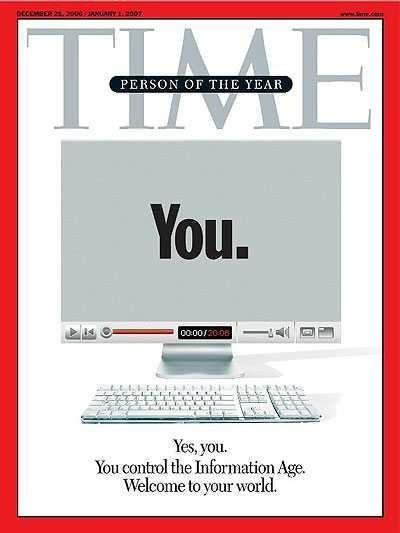News and media have come a long way towards decentralization. Steem claims to be the next step. To understand that, we must examine the current social media projects to determine where they have succeeded and where they have failed. Then, we can evaluate the achievements of Steem/Steemit?

Media and Knowledge Were Completely Centralized
In old civilizations, public media was controlled by the state. As a matter of fact, even knowledge was monopolized be the top few. Those few were the only people who mattered. the Scottish philosopher Thomas Carlyle summarizes this eloquently:
The history of the world is but the biography of great men.
Major Steps Towards Decentralization

Chodowiecki_Basedow_Tafel_21_c_Z.jpg
The first step towards the decentralization of knowledge was the printing press. This very important #invention made books available to the masses. The second important step was newspapers, magazines, and TV networks. The next major step was, of course, the Internet. Although those were very important advancements, content and media creation were still monopolized by a small group of individuals and organizations.
Social Media Websites
The next step was the social media websites like Google, Facebook, Wikipedia, and Twitter. Some people consider them to be a symbol of centralization. I have to disagree. IMO, those platforms are semi-decentralized.
Those platforms have provided the opportunity to everyone to create and publish all sorts of media, a privilege only big networks had before. Because of those platforms, creativity has boomed exponentially in the last two decades. Those platforms have facilitated the decentralization of media creation and publishing.
In addition, they gave the consumer of media much more control. You decide which content to consume. You decide which content is better.

Source
Time magazine celebrated this achievement by choosing You as the person of the year, in 2006. The following are some interesting quotes from that issue:
"In 2006, the World Wide Web became a tool for bringing together the small contributions of millions of people and making them matter".
"You control the media now, and the world will never be the same. Meet the citizens of the new digital democracy".
"The tool that makes this possible is the World Wide Web. Not the Web that Tim Berners-Lee hacked together (15 years ago, according to Wikipedia) as a way for scientists to share research. It's not even the overhyped dotcom Web of the late 1990s. The new Web is a very different thing. It's a tool for bringing together the small contributions of millions of people and making them matter. Silicon Valley consultants call it Web 2.0, as if it were a new version of some old software. But it's really a revolution."
Content Monetization
Steem's most interesting feature is that it monetizes content. In fact, Steem.io prides itself as:
"a blockchain-based rewards platform for publishers to monetize content and grow community."
But what does Content Monetization mean? Investopedia defines monetization as: "To monetize is to convert an asset or object into money or legal tender. Basically, it's the process of turning a non-revenue generating item into cash. The term "monetize" has different meanings depending on the context."
Based on that, we can define content monetization as the process of converting content into money.
So, was Steem the pioneer of content monetization? It seems not. Social media platforms have started that much earlier. Youtube, for example, has started sharing ads profits with content creators since 2007 through their Youtube Partner Program.
The Problem With Social Media Websites
However, the platform itself is centralized. Youtube, for example, has the absolute power to delete your content or deem it inappropriate and block it. The platform has the absolute power to decide which contents are suggested.
Moreover, most of the profit from ads displayed next to your content goes to the pocket of the platform. They decide if you get a portion of it, and they decide how small is that portion. For instance, Youtube has recently changed the rules, which made it much harder for content creators to make money on Youtube.
In short, social media platforms were successful in decentralizing the creation, publishing and consuming media, but the platform facilitating all that are still centralized.
What About Steem/Steemit?
Steem was created to advance the movement towards the decentralization of media one step further, at least this is what its founder claim. Was Steem/Steemit successful in achieving this goal? Is Steem really more decentralized than Youtube and Facebook? What about Wikipedia?
I am still researching these questions, and I would like to hear from you. Please tell me what you think in the comments below.